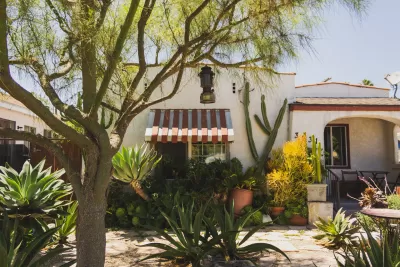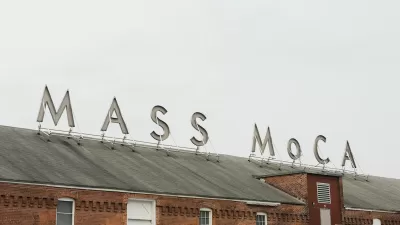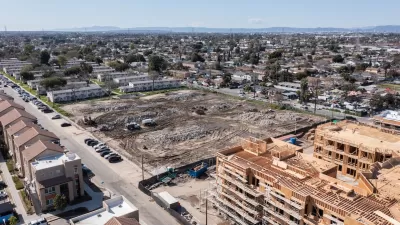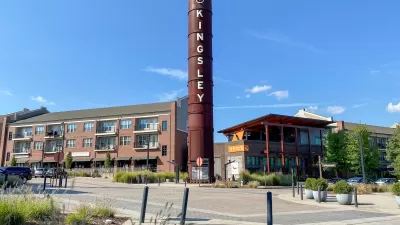Real estate developers around the country are converting old single-family homes into “culinary hubs,” reports The New York Times.

According to an article in the New York Times by Arielle Paul, repurposing single-family homes into micro restaurants or “culinary hubs” is a growing trend nationally. “From Los Angeles to Nashville, developers are transforming clusters of old homes into walkable culinary hubs for the surrounding high-density neighborhoods,” Paul reports. Advocates of this new use say it’s an excellent reuse of blighted properties, “sustainably preserving the homes while serving the economic needs of the neighborhood.” But critics are concerned about the loss of affordable housing and potential gentrification and displacement of existing communities.
Paul points out that conversion of historic homes into restaurants is not new. There are famous restaurants around the country that are located in what were once homes. She spoke to real estate and architecture experts that said only certain houses would meet the criteria such as foot traffic to successfully convert to restaurants and that these types of homes would provide affordable, lower-square-foot commercial spaces for start-ups and small businesses.
Stuart A. Gabriel, a finance professor and the director of the Ziman Center for Real Estate at the University of California, Los Angeles, told the New York Times reporter, that the loss of homes might not be significant enough to move the needle on the housing shortage at large and that he is concerned about potential displacement of families. “On the other hand, there are a whole set of positives in terms of amenities and services, and then improvements, property values and equity gains for the people who actually own housing there,” he said.
FULL STORY: Culinary Hubs Put a Twist on Home Cooking

Planetizen Federal Action Tracker
A weekly monitor of how Trump’s orders and actions are impacting planners and planning in America.

Map: Where Senate Republicans Want to Sell Your Public Lands
For public land advocates, the Senate Republicans’ proposal to sell millions of acres of public land in the West is “the biggest fight of their careers.”

Restaurant Patios Were a Pandemic Win — Why Were They so Hard to Keep?
Social distancing requirements and changes in travel patterns prompted cities to pilot new uses for street and sidewalk space. Then it got complicated.

Platform Pilsner: Vancouver Transit Agency Releases... a Beer?
TransLink will receive a portion of every sale of the four-pack.

Toronto Weighs Cheaper Transit, Parking Hikes for Major Events
Special event rates would take effect during large festivals, sports games and concerts to ‘discourage driving, manage congestion and free up space for transit.”

Berlin to Consider Car-Free Zone Larger Than Manhattan
The area bound by the 22-mile Ringbahn would still allow 12 uses of a private automobile per year per person, and several other exemptions.
Urban Design for Planners 1: Software Tools
This six-course series explores essential urban design concepts using open source software and equips planners with the tools they need to participate fully in the urban design process.
Planning for Universal Design
Learn the tools for implementing Universal Design in planning regulations.
Heyer Gruel & Associates PA
JM Goldson LLC
Custer County Colorado
City of Camden Redevelopment Agency
City of Astoria
Transportation Research & Education Center (TREC) at Portland State University
Camden Redevelopment Agency
City of Claremont
Municipality of Princeton (NJ)





























